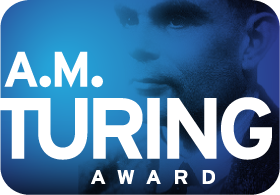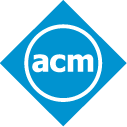
Sir Tim Berners-Lee

Annotated Bibliography
1. Tim Berners-Lee & Mark Fischetti. Weaving the Web: The Original Design and Ultimate Destiny of the World Wide Web by its Inventor. (Harper, 1999).
Describes in detail the origins of the Web and Berners-Lee’s perspective on its initial spread and commercial development.
2. James Gillies & Robert Cailliau. How the Web was Born: The Story of the World Wide Web. (Oxford University Press, 2000).
Written by Berners-Lee’s closest collaborator at CERN, this is the most detailed account of the early days of the Web.
3. Tim Berners-Lee, James Hendler & Ora Lassila, "The Semantic Web". Scientific American (May 17, 2001).
A clear statement of Berners-Lee’s vision for the “Semantic Web” as an evolution of the existing Web. This guided his work, and that of the World Wide Web Consortium.
4. James Hendler, Nigel Shadbolt, Wendy Hall, Tim Berners-Lee, Daniel Weitzner. ”Web Science: An Interdisciplinary Approach to Understanding the Web.” Communications of the ACM 51:7 (July 2008), pages 60-69.
Made the case for “web science” as a new field. Berners-Lee was one of the initiators of what was then called the Web Science Research Initiative, and since 2009 has been called the Web Science Trust. The first annual Web Science conference was held in 2009.




























 THE A.M. TURING AWARD
THE A.M. TURING AWARD